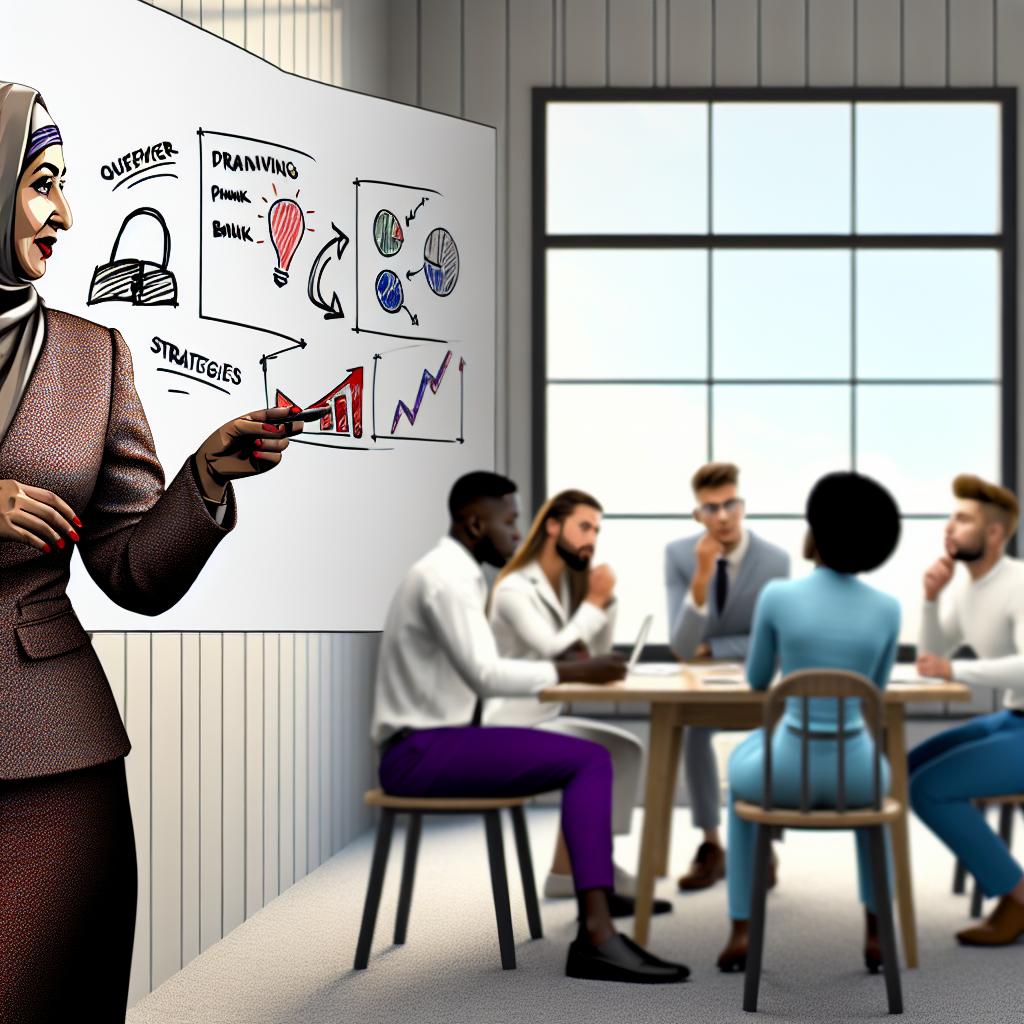Understanding Leadership Skills
Effective leadership plays a crucial role across various sectors, whether it be in business, education, or community organizations. Developing leadership skills is essential not only for personal growth but also for motivating and inspiring others. Gaining a comprehensive understanding of what constitutes effective leadership is the first step towards enhancing these skills.
Key Attributes of a Good Leader
A good leader is typically characterized by several key attributes. Among these, communication stands out as a fundamental component. The ability to clearly convey ideas and expectations can significantly influence the efficiency and success of a team. Additionally, good leaders consistently demonstrate integrity and accountability, thereby setting a positive example for others to emulate.
Communication Skills
Communication skills are the cornerstone of successful leadership. Leaders must excel in both verbal and non-verbal communication. Verbal communication involves articulating thoughts clearly and ensuring that the message is understandable to the audience. This extends beyond mere speaking to include writing skills as well, enabling the effective documentation and dissemination of ideas. Non-verbal communication encompasses body language, facial expressions, and even the tone of voice. Importantly, it includes active listening, which is crucial for understanding team dynamics and responding effectively.
Strategies for Improving Communication
To cultivate superior communication skills, one can consider enrolling in courses focused on public speaking and active listening. These courses often provide valuable feedback and practical experience. Additionally, workshops offer a platform to tackle real-life scenarios, facilitating further development of communication abilities. Organizations like Toastmasters are instrumental in offering structured programs specifically designed to enhance speaking and leadership skills.
Building Trust and Integrity
Trust serves as the bedrock upon which effective leadership is built. Integrity, in turn, forms the foundation of this trust. Demonstrating honesty and maintaining consistency in decision-making can significantly bolster the trust between a leader and their team. Leaders should strive to be transparent about their actions and decisions, consistently acting in alignment with established values and ethical principles.
Encouraging Team Collaboration
Effective leaders recognize the importance of fostering a collaborative environment within a team. By encouraging open communication and valuing each member’s contribution, leaders can cultivate an atmosphere of mutual respect and cooperation. This environment not only enhances team performance but also fosters individual growth and satisfaction.
Techniques to Enhance Collaboration
One way to enhance collaboration is by facilitating regular team meetings where open communication is encouraged. Collaborative projects provide opportunities for team members to work together towards a common goal, thereby strengthening team bonds. Utilizing project management tools such as Asana or Trello can greatly assist in coordinating efforts and improving collaboration within teams.
Adaptability and Problem Solving
In the ever-changing landscape of professional environments, leaders frequently encounter unforeseen challenges. Adaptability is critical in navigating these situations effectively. Being open to change and having the flexibility to adjust strategies as necessary is a significant aspect of successful leadership. Moreover, possessing strong problem-solving skills enables leaders to systematically analyze situations, identify issues, and develop suitable solutions.
Improving Problem-Solving Skills
Engaging in exercises that require critical thinking is an excellent method to enhance problem-solving skills. Participation in courses on strategic thinking or attendance at industry-specific workshops can provide valuable insights and techniques. These scenarios provide practical experience and encourage leaders to approach problems with a strategic mindset.
Continuous Learning and Development
The path to effective leadership is a continuous journey of learning and development. By committing to an ongoing process of learning, leaders remain informed about new tools, strategies, and industry trends. Actively seeking knowledge through reading industry-specific literature, attending seminars, and obtaining mentorship are all effective ways to improve leadership capabilities.
Accessing Learning Resources
To facilitate continuous growth, numerous reputable organizations provide leadership development programs and courses. Websites such as Coursera and edX offer extensive access to online courses that are specifically designed to enhance leadership skills. Participation in these academic resources broadens one’s knowledge base and provides diverse perspectives from industry experts.
Conclusion
In summary, the enhancement of leadership skills involves a multifaceted approach that includes effective communication, unwavering integrity, collaboration, adaptability, and a commitment to continuous personal development. By intentionally focusing on these areas, individuals can evolve into more effective leaders. Such growth not only positively influences their teams and organizations but also paves the way for lasting and impactful contributions to their respective fields. Through deliberate practice and a dedication to continuous improvement, the journey of mastering leadership becomes enriching and transformative for both the leader and those they guide.
This article was last updated on: May 11, 2025

